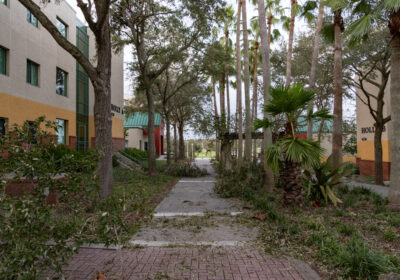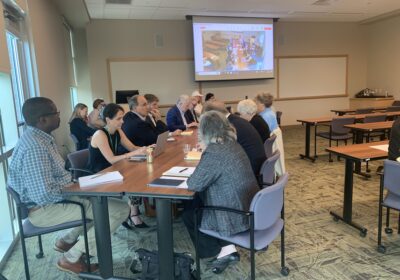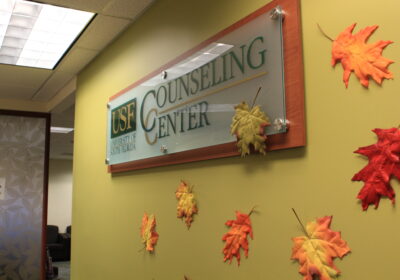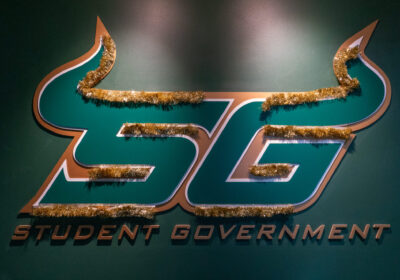Seizure First Aid training brings awareness to impacts of epilepsy
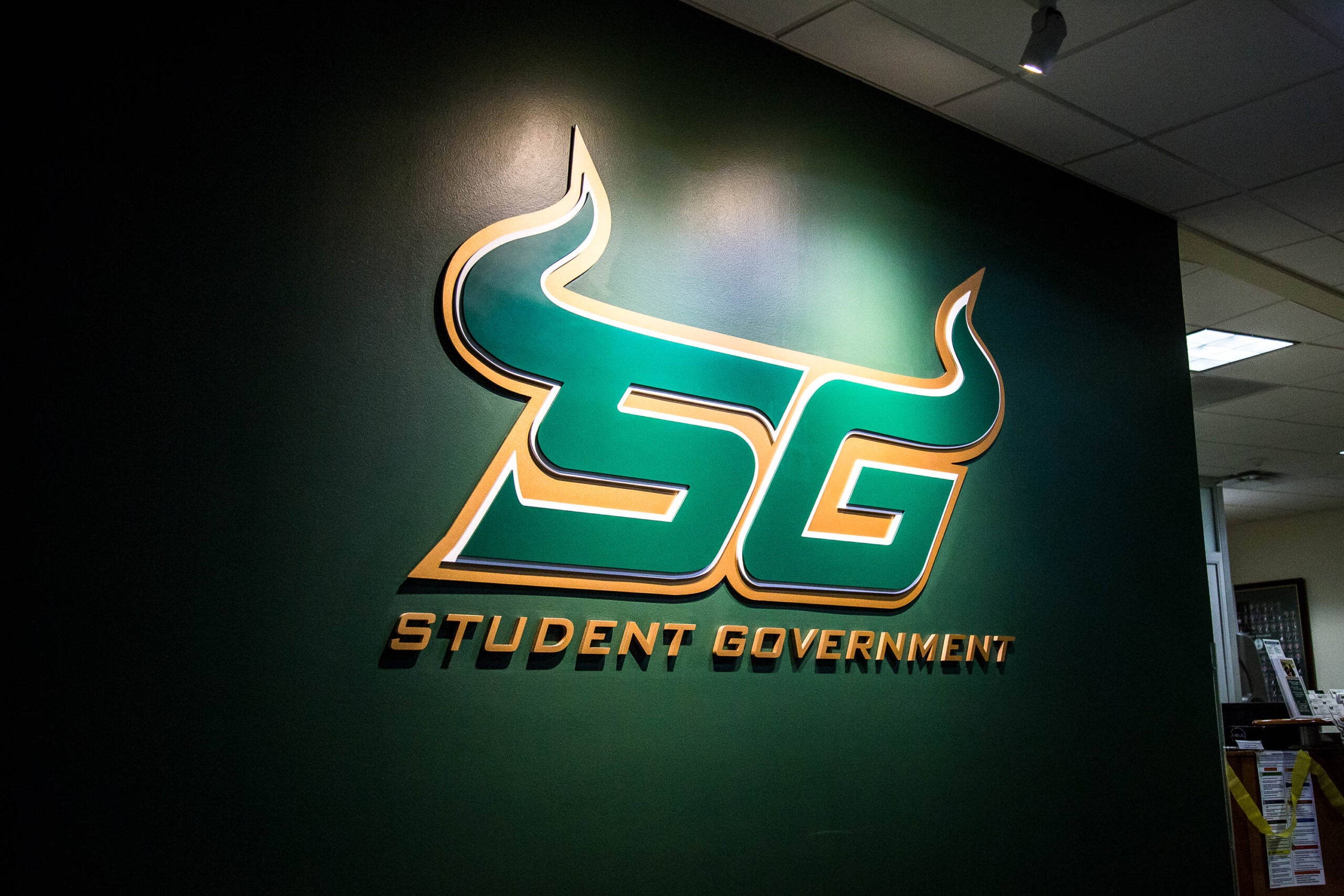
In hopes of shedding more light on the influence epilepsy can have on people’s lives, The Epilepsy Foundation Florida USF-Tampa (EFF USF-T) has collaborated with Student Government (SG) to expand its outreach and offer free Seizure First Aid (SFA) training to the community.
EFF USF-T, an SG-funded student organization, is one of the first collegiate chapters of the Epilepsy Foundation in the country. President of EFF USF-T Shanon Rego said the goal of the sessions is to ensure participants are informed and aware of what actions need to be taken when someone is having a seizure.
“If you look at the stats provided by the [Center for Disease Control and Prevention] and the Epilepsy Foundation of America, about one in 10 individuals have a seizure at any given point of time,” he said.
“[Some] more often than others don’t know what to do, or rather they can confuse what should be done and what should not be done. This unintentionally can end up harming the patient who’s having a seizure at that point in time.”
Participation is not limited to the USF community, as anyone can attend the sessions virtually through Microsoft Teams, according to Prema Kallepalli, vice president of EFF USF-T.
To obtain a certification from the training, participants are required to pass through the three sections of the course, a precompletion test, a 90-minute training session and a posttest, Rego said.
The precompletion test is not founded in a pass-or-fail manner, according to Rego. It is for the instructors to gauge the basic levels of understanding of what epilepsy and seizures are for those in attendance.
Attendees will be allowed to participate in the main training following their completion of the five to 10 minute test. During this portion, the instructor will discuss the basic knowledge surrounding the topics of epilepsy and seizures regardless of their performance on the entrance test.
The session then transitions into first aid training, where participants will learn how to correctly handle a situation when someone is having a seizure and give them the proper understanding of when to dial 911.
Currently, the only certified teacher to host the sessions is Rego. However, he said numerous people are currently in training to receive their teaching certificates to continue the program in the fall. The increase in trainers would allow for a potential bi-monthly schedule, as opposed to the current case-by-case model in place, according to Rego.
Once the training is complete, attendees are given a posttest that ensures they understood the contents of the session. The test must be completed on a participant’s own time, but Rego said it is encouraged they do so immediately following the training so the material is still fresh in their head. Those who take the posttest must pass it with at least an 80% to be certified.
SFA certification remains valid for two years, in which participants would then have the opportunity to repeat the training to remain certified, according to Rego.
Launching during the pandemic, EFF USF-T faced an uphill battle in structuring a training program virtually. Although he began his training virtually as well, Rego said the absence of hands-on sessions is something he is continuously finding creative ways to work around.
“I do think that the in-person experience allows you to connect more with the audience instead of just having them each speak to a screen,” he said. “I’ve actually had some great conversations through Teams, but I just think those conversations would be even better if it was in person.
“Students have asked me ‘Oh, what do you do when X-Y-Z happens? What do you do if you don’t have this, how can you improvise stuff like that?’ So we’re having this conversation, but I do think an in-person platform would obviously be better.”
Ensuring the program would reach enough students was another main goal for the team, even if it was an additional challenge that came along with producing a completely virtual program, according to Kallepalli.
To achieve this goal, a resolution recently passed in partnership with SG, signed by SG Senate President Junayed Jahangir on Feb. 28, in order to bring awareness to the program and expand its outreach to students and the community, Kallepalli said.
“We specifically wanted to create the resolution with [SG] so we can get the word across all three campuses as well and have a strong backing, because we are currently certifying people but we just want to have a greater platform to do that on,” she said.
“Having [SG] support, as well as getting all the faculty and students of [SG] certified was a huge goal of ours, and this resolution was the first step toward that.”
Spreading the word around the topic and teaching community members the importance of handling the situation properly was monumental for Rego, and he said he has high hopes the program will only continue to grow and inspire other universities to take action as well.
“We hope that this resolution employs other universities to take similar steps in this fight against epilepsy,” Rego said. “If they see that the USF Student Government is doing something to combat this neurological disease, [they might say] ‘We should also step up and take a stand against it.’”


